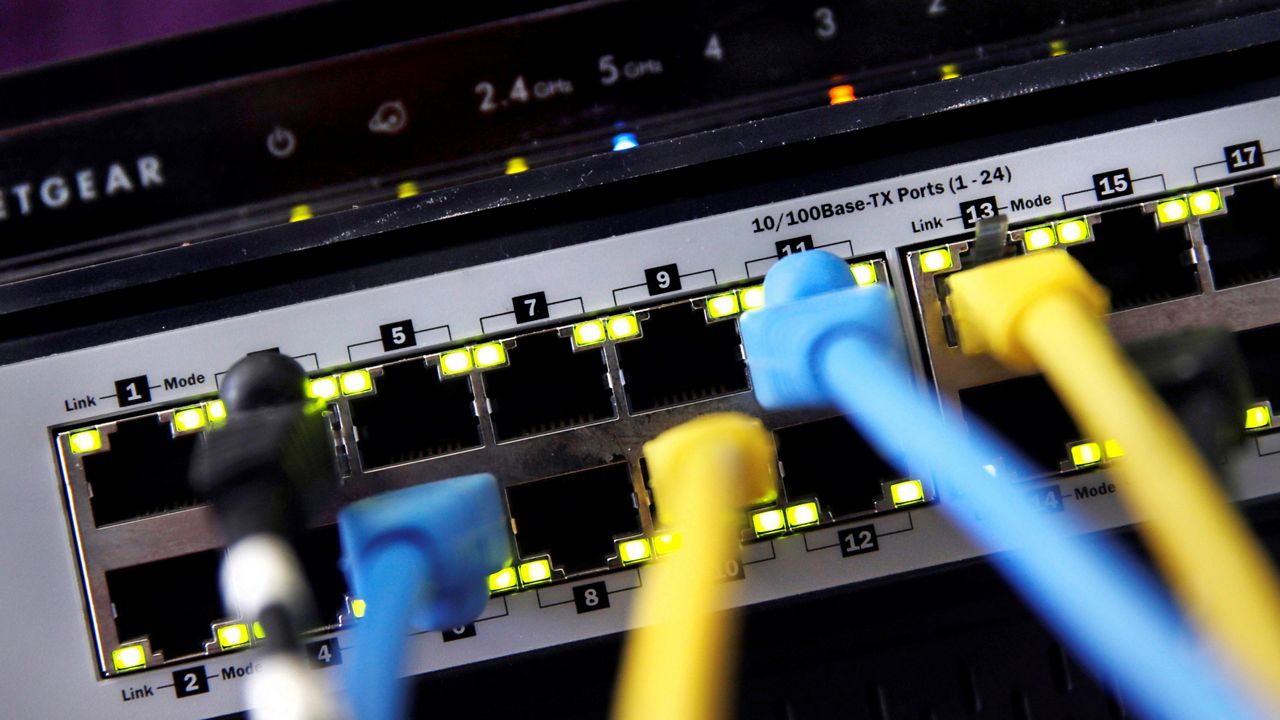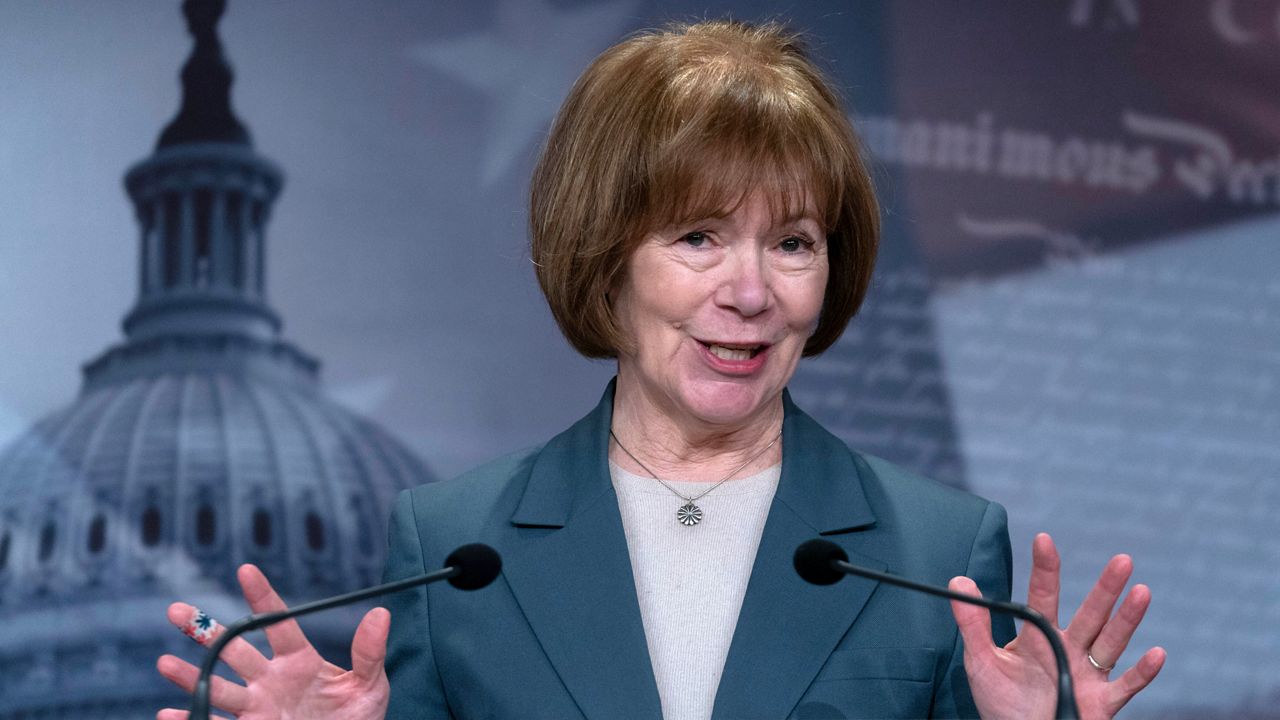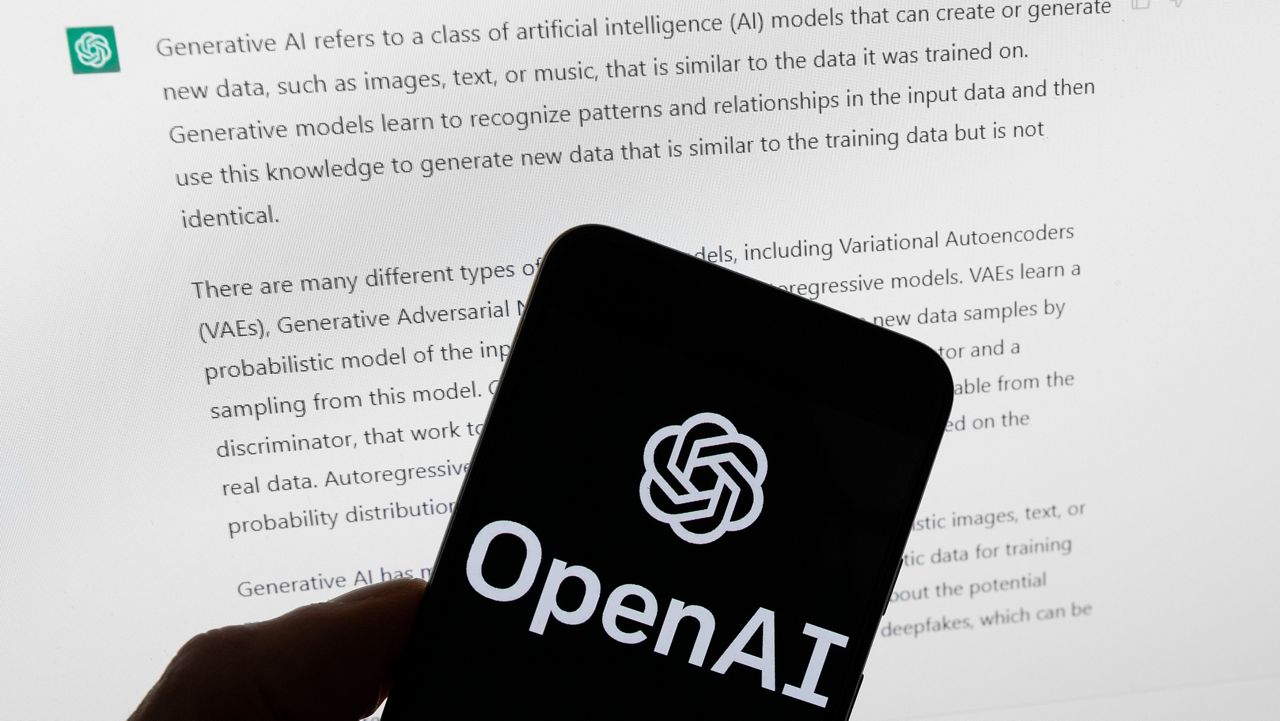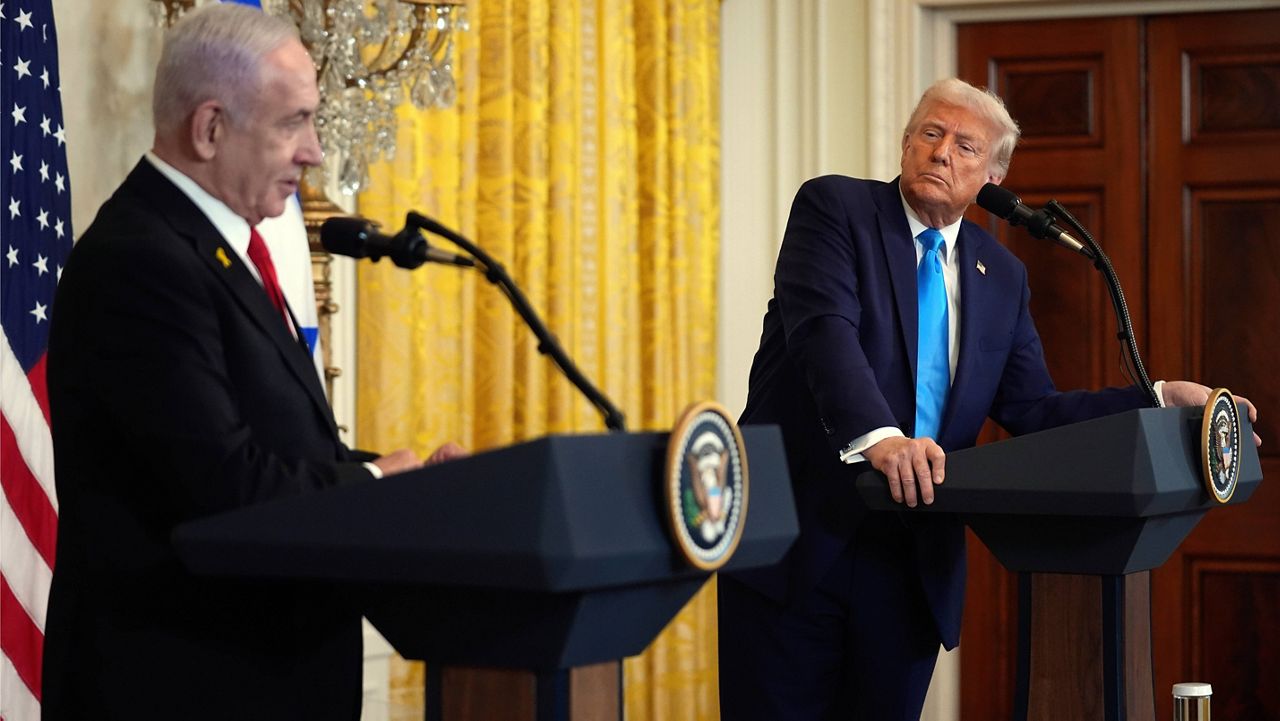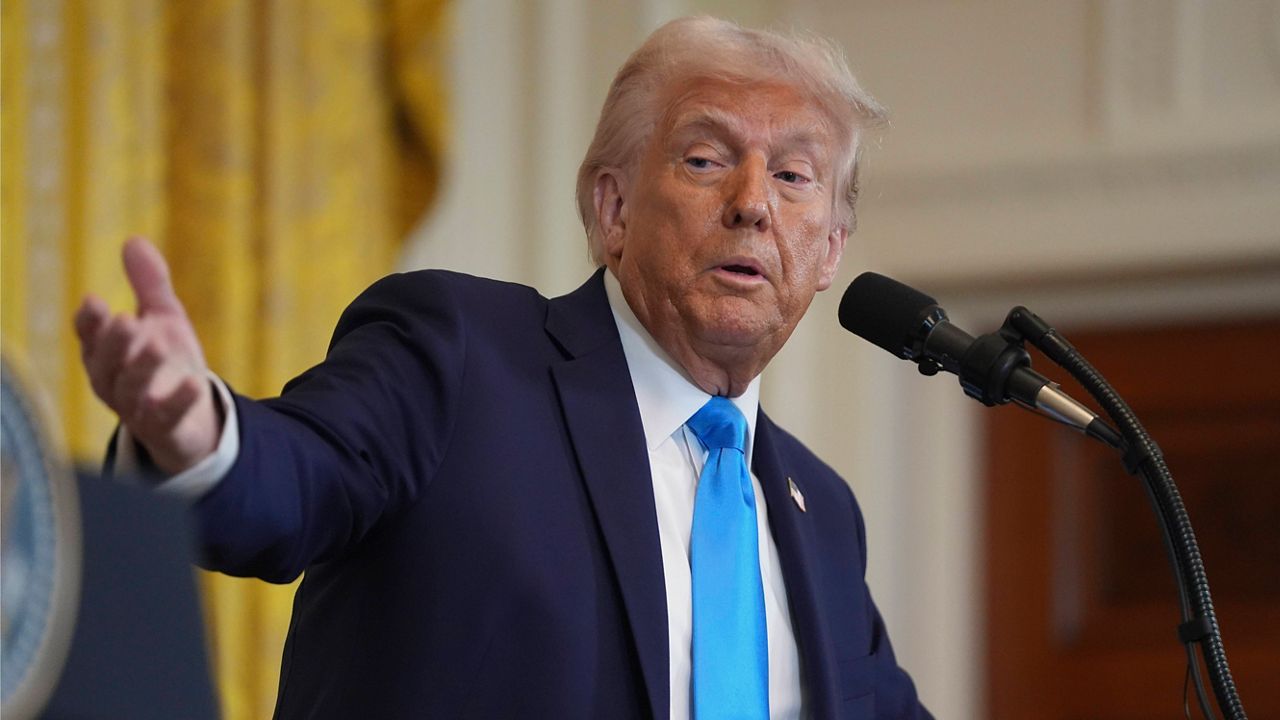The Biden administration on Wednesday announced more than $73 million in new outreach grants to help boost enrollment in a program that lowers high-speed internet costs for American families.
The funding for these grants comes from the Bipartisan Infrastructure Law, the $1.2 trillion bill President Joe Biden signed into law in 2021 which includes funding for rebuilding roads and bridges, improving rail and public transit, as well as $65 billion expanding broadband access to millions of Americans.
The law, formally known as the Infrastructure Investment and Jobs Act, created the Affordable Connectivity Program, which gives eligible households an up to $30 discount per month on their internet bills, or up to $70 per month on qualifying Tribal lands. It also gives eligible households a one-time discount of up to $100 off a desktop computer, a laptop or a tablet.
“In the 21st century, affordable, reliable high-speed internet is the key to opportunity, to access education, health care, work, precision agriculture, and to keep in touch with our loved ones,” Mitch Landrieu, Senior Advisor to the President and White House Infrastructure Coordinator, said on a call with reporters Wednesday. “But today, far too many Americans are left without high-speed internet, whether they lack the infrastructure, the technological skills, or simply the means to pay for it.”
The White House said that the over 16.75 million households enrolled in the program are saving more than $500 million per month, and the new grants announced Wednesday are aimed at helping more Americans enroll.
“But we can’t stop there,” Landrieu said. “The FCC, who's leading this effort, is now moving forward with plans to increase outreach to get us even closer to closing the digital divide. Building on current community partnerships these more than $73 million in grants will provide financial support to partner organizations working to get the message out about the Affordable Connectivity Program.”
Of the newly announced grants, $66 million will go to the Affordable Connectivity Outreach Program to drive awareness and enrollment in the broadband affordability program, while $7 million will go to outreach grants supporting to support two separate one-year pilot programs to help raise awareness of the ACP.
“We're equipping our partners with funding to think outside the box about innovative outreach strategies to reach historically underserved communities, including money set aside for outreach to households on tribal lands,” Landrieu said. “The reality is that the households that we're trying to reach right now are often the most removed from the internet, and the ones that will benefit the most.”
"We have so many families in this country that are making hard choices about paying for gas or groceries,” said FCC Chair Jessica Rosenworcel, who is leading the initiative. “With this program, we can make sure every one of those families gets online, stays online — of course that means they can get news, information, look for work, seek health care, and also go to school.
“Because getting online, having broadband access, there were days not that long ago when it was nice to have, but it is now need-to-have for everyone, everywhere,” she added.
When asked if Congress will renew the program before funding dries up next year, Rosenworcel said that she is meeting with lawmakers on Capitol Hill regularly and said her agency is “committed to working with them to make sure that this program continues.”
Biden made funding for affordable high-speed internet a major priority of both his successful 2020 presidential campaign and his push to get the infrastructure bill passed. He has repeatedly spoken about how the COVID-19 pandemic highlighted the fact that low-income families struggled to find reliable Wi-Fi so their children could take part in remote learning.
“We’re investing in everything,” Biden said of the infrastructure law at a private Democratic National Committee fundraiser in California on Monday. “Not just roads and ports and bridges, which we’re doing, but also high-speed Internet that’s available and safe and cheap for everyone in America, making sure that … if you have another shutdown on the schools for whatever reason, you don’t have to pull in front of the McDonald’s parking lot to connect to the Internet so your kid can do their homework. Not a joke.”
Vice President Kamala Harris echoed similar sentiments in a speech at Benedict College in Columbia, South Carolina, last month, where she announced a $175 million initiative to help institutions serving minorities improve internet access.
“In America in the 21st century, the ability to connect to high-speed internet is not a luxury; it is a basic necessity,” Harris said. “Every day in communities across our nation, students who have affordable access use the internet to do their homework, parents use the internet to order groceries, seniors use the internet to see a doctor without having to leave home, and small business owners use the internet to buy inventory, to manage the payroll, even to run their cash register.”
“President Biden and Vice President Harris are laser focused on making this program work to lower costs for families, and close the digital divide,” Landrieu said. “We will not stop until there is internet for all.”
American households are eligible for subsidies through the Affordable Connectivity Program if their income is at or below 200% of the federal poverty level, or if a member of their family participates in one of several programs, including the Supplemental Nutrition Assistance Program (SNAP), Federal Public Housing Assistance (FPHA) and Veterans Pension and Survivors Benefit.
Americans can call 877-384-2575 to enroll in the program or go to getinternet.gov.
NOTE: Spectrum News is owned by Charter Communications.




